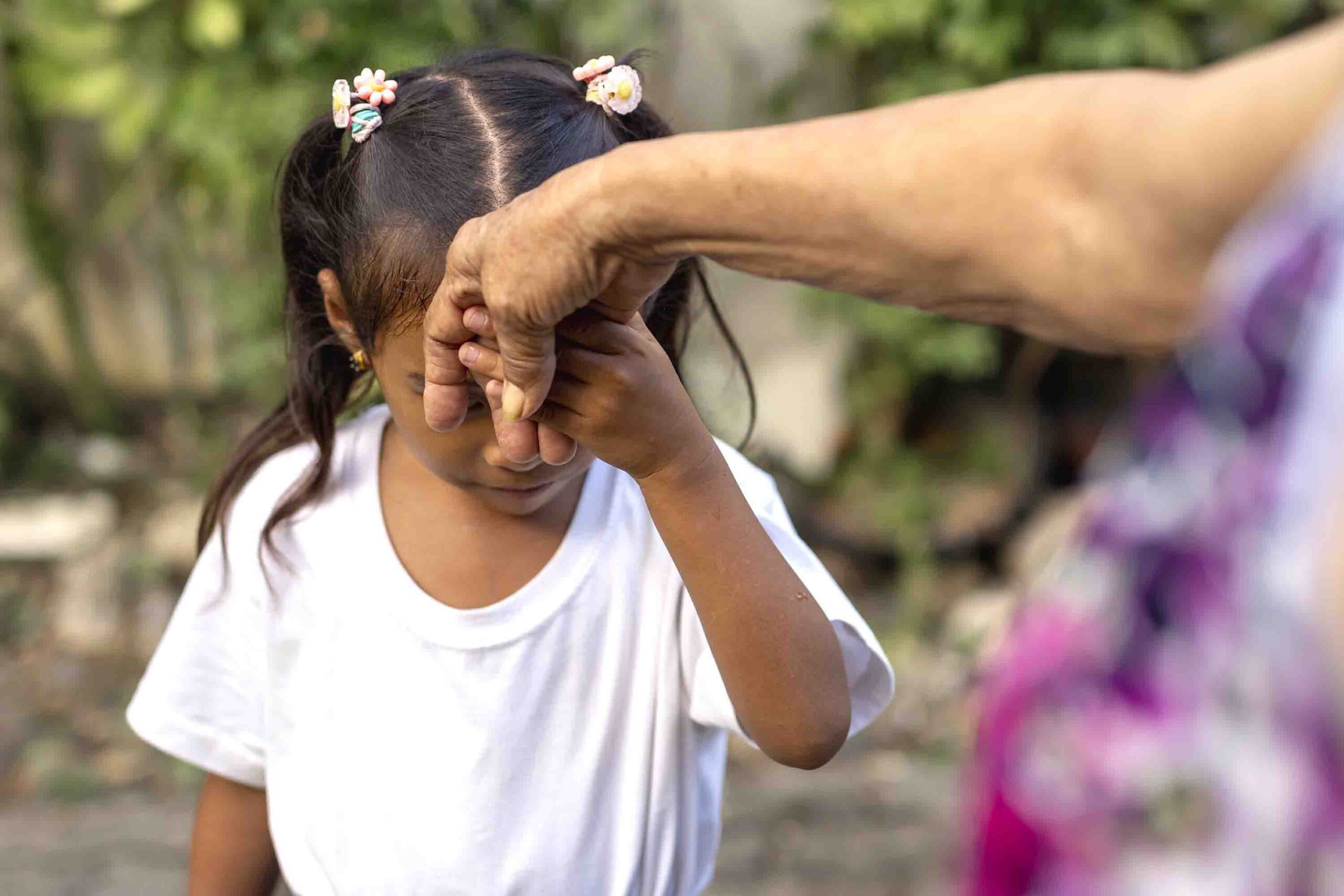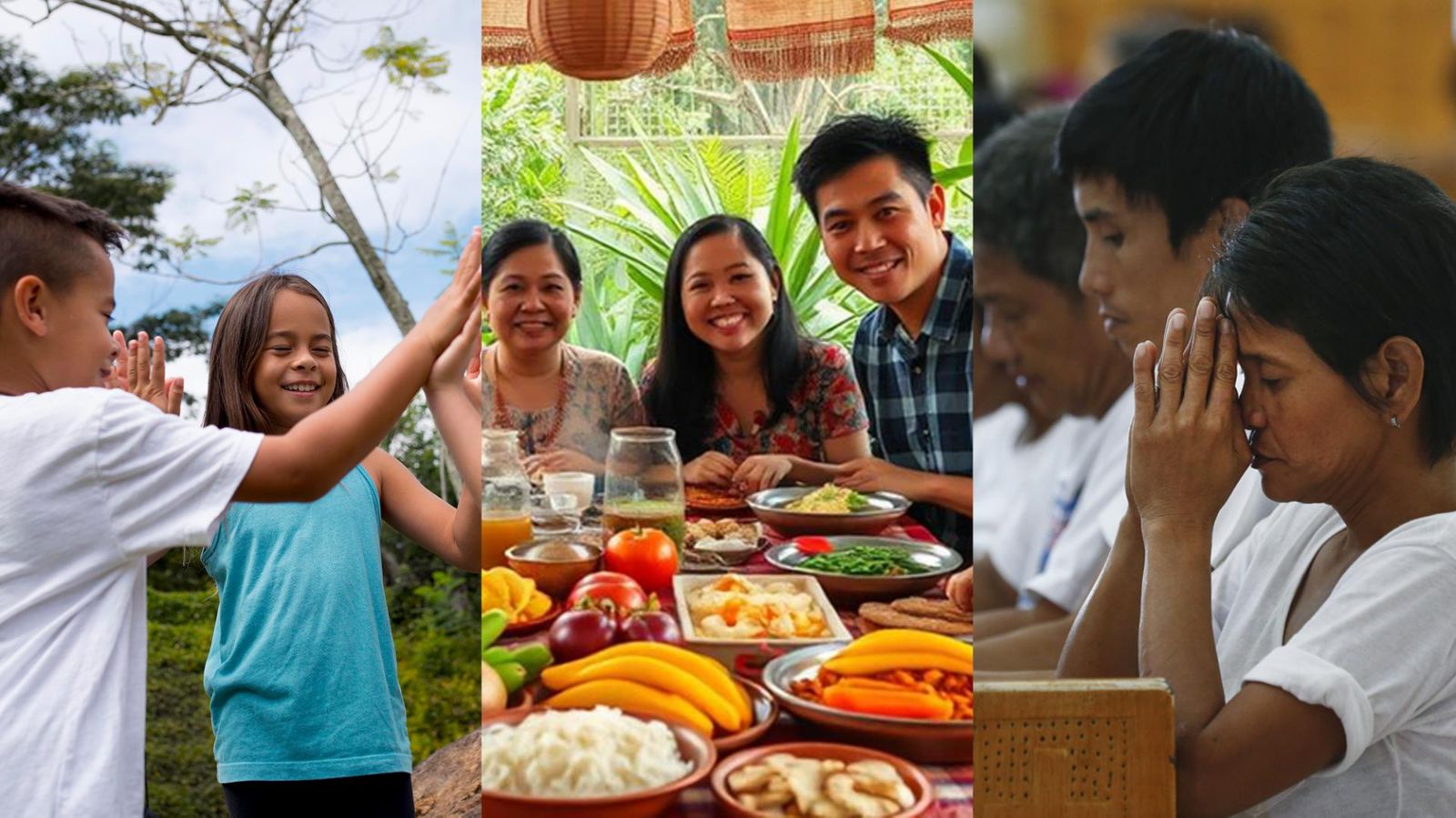
By Dean Aubrey Caratiquet
Respect is a big word in societal spheres here in the Philippines. Filipinos are born and raised in a society where folks from all walks of life treat each other with impartiality, and everyone is addressed with dignity.
As such, the words “po” and “opo” are uniquely synonymous with the culture of respect in the Philippines. The same applies to addressing a stranger by uttering “ma’am” or “sir” whenever one starts a conversation or inquires about a particular matter.
Apart from showing respect to fellow individuals, Filipinos also practice the so-called “bayanihan”, a form of kinship whose origins date back to the time when people lived in nipa huts.
The relocation of such houses were made possible by the combined effort of men in the village to carry the nipa hut on their shoulders as they transported it by foot to the chosen relocation site.
It epitomizes the industrious attitude that is reflected by Filipinos’ ability to accomplish the task at hand despite the hurdles and obstacles that they encounter and need to overcome regularly.
Nowadays, bayanihan is a term that is often associated with the collective effort to send aid and assistance to disaster-stricken areas. It has evolved not only to define an act of cooperation but also to recognize the innate generosity among Filipinos.
One of the more notable examples of this spirit of camaraderie in action was in the aftermath of Super Typhoon Yolanda (international name: Haiyan) in 2013.
This calamity put in motion an outpour of relief efforts on both a domestic and international scale—with countries such as the United States of America, Australia, Singapore, and Canada donating their resources to aid in the recovery of Samar and Leyte from the devastation left behind by the violent storm.
Close family ties are one of the defining characteristics of Filipino society. Taking care of family members, especially the younger and the older generations, is a “tradition” that has passed down across several generations of Filipino families.
Children, for instance, are expected to take care of their aging parents instead of sending them to retirement homes. They are also not allowed to leave the household until they get married and start a family of their own.
And even if a member of the family did something wrong, s/he will still remain as a part of the family and not be abandoned or locked up in a part of the house.

Positive actions that define the citizenry
Filipinos are also known for being fun-loving people, and at the same time, they are also friendly and adaptable individuals. They can easily fit into a group of strangers and establish a harmonious relationship with them.
The sense of humor that they bring to the table helps to fortify their bond with the people around them, whether these are their friends, relatives, or even complete strangers that they met along the way. As such, it is no longer surprising to see that Filipinos have their social circle in both personal and professional lives.
Hospitality and compassion also play an important part in the daily life of Filipinos. Guests are warmly welcomed in different places, from humble houses to classy hotels.
They would even offer the guests food or drink, regardless of what time of day it is. Apart from that, the guests are treated with “pasalubong” or souvenirs before they leave the premises.
On the other hand, compassion is exemplified by Filipinos in simple deeds such as giving alms to the beggar on the street, helping an individual struggling to carry a heavy load, and vacating a seat on a public transport vehicle to give priority to a fellow passenger who is either a senior citizen, pregnant woman, or person with disability (PWD).
Yet another noteworthy Filipino trait that one can be proud of is innate religiosity. Regardless of whatever religion an individual believes in, one exercises strong conformance in practicing faith, both through actions and in words.
Moreover, Filipinos keep an open mind and show respect to religious practices that differ from one’s faith; this is why despite the diversity of religious denominations that are available in the country, Filipinos do not run into conflicts that spark from differences in religious beliefs.
These are the core values that embody the distinct Filipino identity, renowned around the world for being respectful, compassionate, hospitable, fun-loving, friendly, adaptable, and family-oriented individuals. It is a treasure that is inextricably linked to the culture that is uniquely ours, and is truly worthy of celebration.
Celebrating and upholding our best practices in the modern age
This is where the Filipino Values Month, whose annual celebration takes place in November, comes into play. Conceived under the term of former president Fidel Ramos by virtue of Proclamation No. 479 s. 1994, it aims to recognize, fortify, and uphold the moral assets that make Filipinos who they are and what they are today.
The importance of this humble mission to acknowledge the best practices of Filipino culture becomes more prevalent in the modern age, where internet and social media are deeply ingrained into everyone’s way of life.
This is particularly applicable to the younger generation, who grew up in an age of technology and are preoccupied with their cellphones and gadgets, so they tend to overlook the guiding principles that will mold them into responsible adults.
Gen-Zs are so engrossed in the wonders of always-on connectivity and new media that they falter in exercising and upholding Filipino values online and offline.
Hopefully, the Filipino Values Month will serve as a constant reminder for everyone to keep the Filipino spirit of respect and goodwill alive. Losing this part of the Filipino identity is akin to losing a part of our culture as a nation.
This is the least that everyone can do to show love for the Pearl of the Orient Seas, and as such, it is about time to impart these values to the youth and generate steps towards preserving the best practices that we truly cherish.
May this annual event serve as an opportunity to sow the seeds of Filipino principles and ignite passion for the motherland.
jpv/avds
